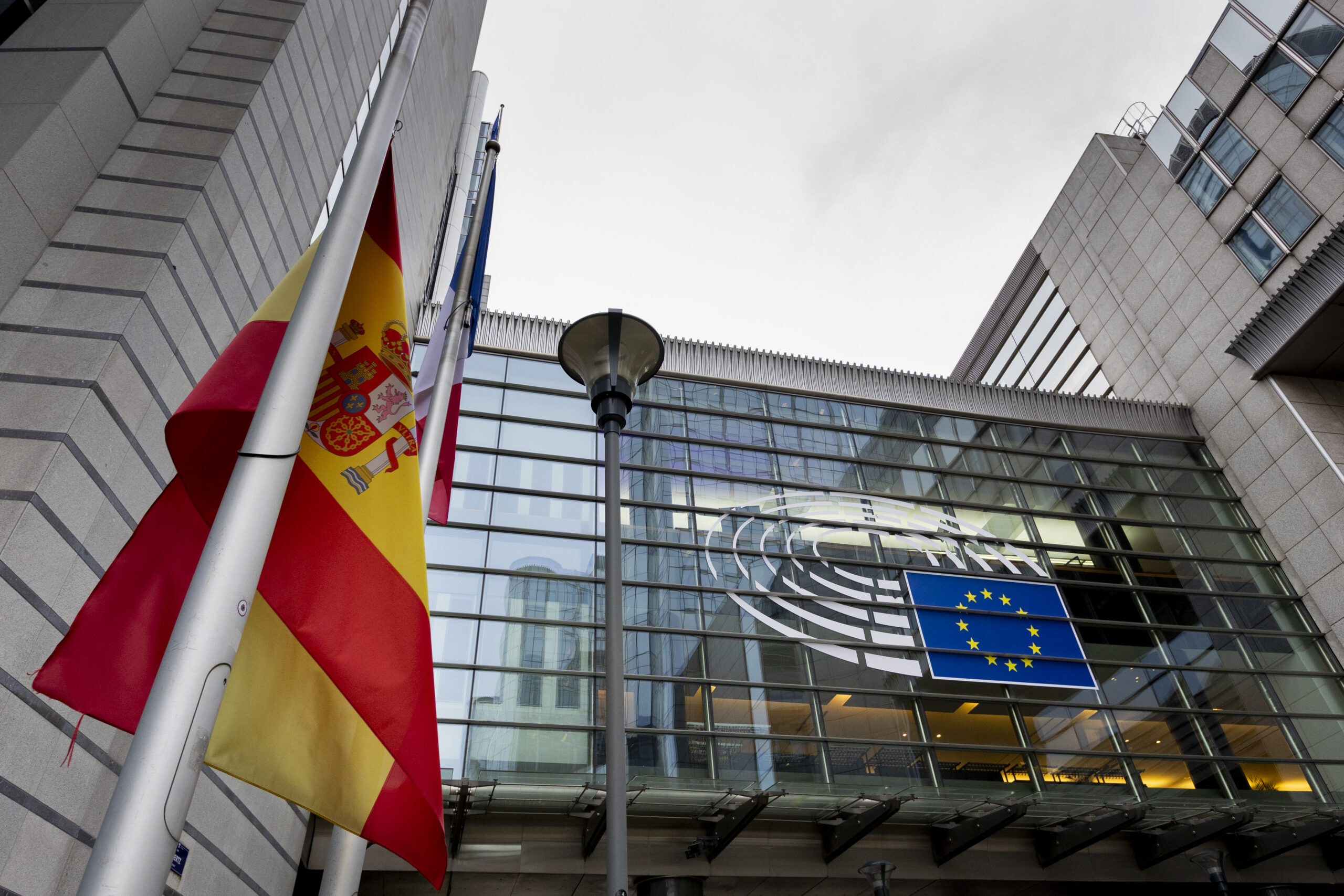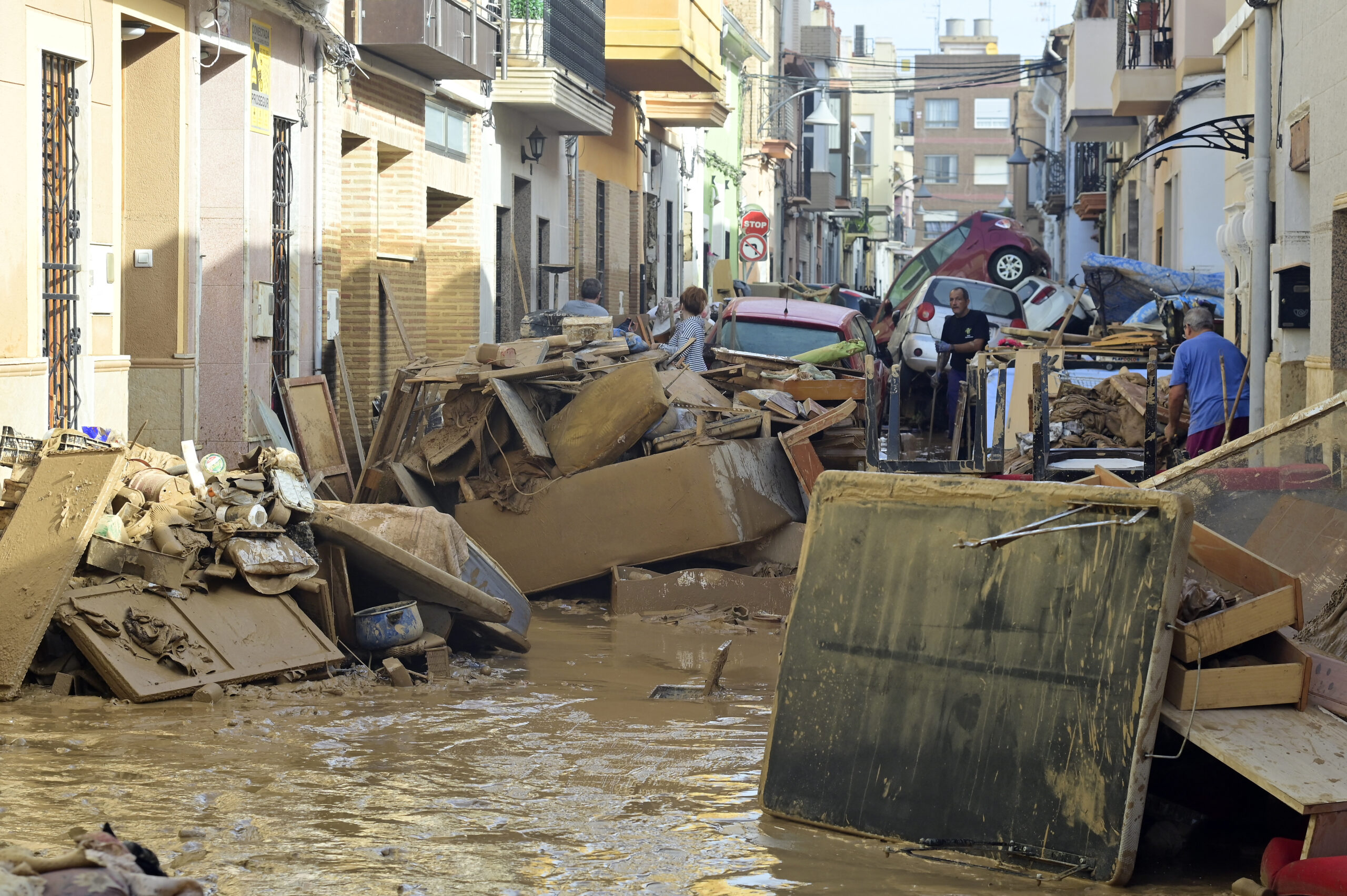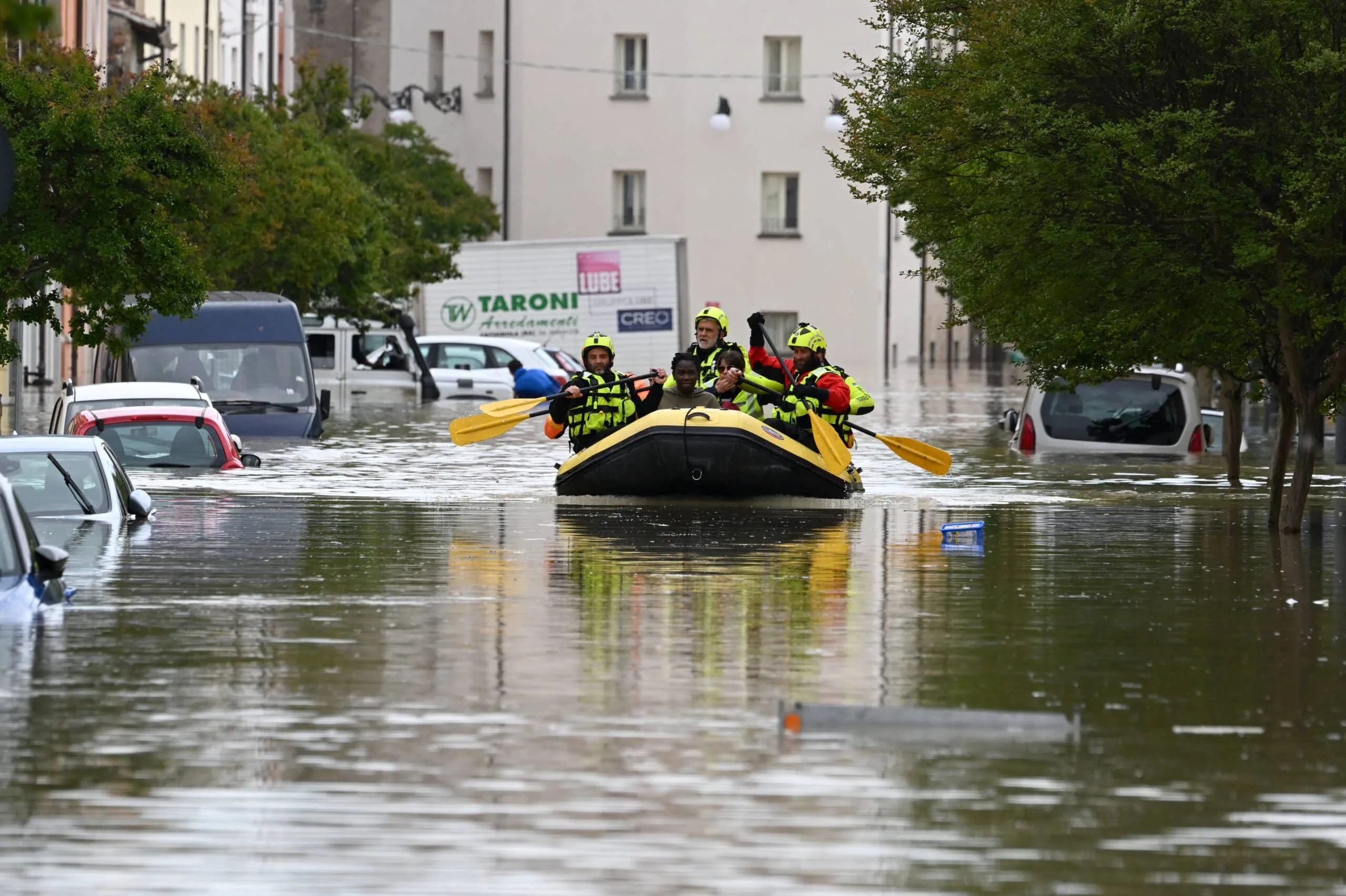Brussels – Twelve-star flags at half-mast in front of the buildings of the European institutions. At the Berlaymont, headquarters of the European Commission, and at the Council—where a black lace was tied on the Spanish flag as a symbol of mourning—and in the EU Parliament offices, the EU wakes up in mourning for the tragic floods that hit Valencia and claimed more than a hundred lives.

Since yesterday afternoon, messages of solidarity and closeness to the people and institutions of Spain have multiplied. From Ursula von der Leyen, who, during a press conference to present a report just on European crisis response readiness, said in Spanish that “Madrid is not alone,” to Charles Michel, who expressed “the deepest condolences to the families of the victims and gratitude to the emergency teams for their courage and commitment” to Roberta Metsola who—in Madrid for an international conference organized by the Santander Group—”reiterated the European Parliament’s call for easier, faster, and more flexible access to funds for regions facing such natural disasters.”
Faced with frightening images of the DANA that dismembered several neighbourhoods in the capital of the Valencian Community, the EU said it was ready to come to the aid of the country wounded by the worst natural disaster in decades. It immediately provided Madrid with satellite images through the EU’s Copernicus observation system and assured that it would activate the Civil Protection Mechanism as soon as the Spanish government requested it. The chairman of the EU Parliament’s Committee on Regional Development (REGI), Dragos Benea, pointed out that “the increase in the frequency and severity of natural disasters across the EU requires immediate action to protect our citizens.”

Benea insisted on the “crucial” urgency of adopting “RESTORE—Emergency Regional Support for Reconstruction,” the proposal put on the table just ten days ago by the European Commission to amend three EU regulations to mobilize funds for assistance following natural disasters more quickly. “In this way,—the REGI commission president continued in the note—affected member states and regions will be supported and equipped to meet the most urgent needs, mitigate the socio-economic consequences of natural disasters, and strengthen resilience against future climate-related hazards.”
English version by the Translation Service of Withub






